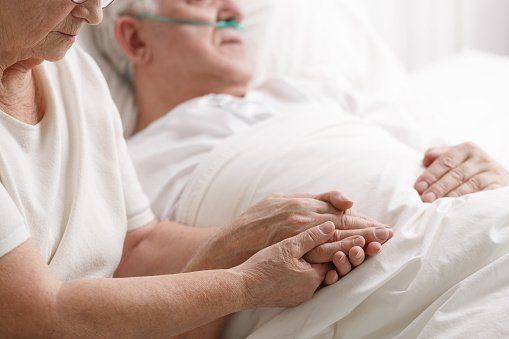Dementia is a word used to describe a cluster symptoms caused by various diseases or conditions. Dementia itself is not a specific disease but a collection of symptoms, which can include:
- Memory loss, particularly short-term memory
- Loss of reasoning or the ability to understand why and how
- Loss of critical thinking skills or the ability to solve problems
- Poor judgment
- Difficulties with communication, including reading and writing
- Disorientation and getting lost
- Emotional and personality changes including anxiety, agitation and restlessness
- Social withdrawal
Some of these symptoms can be a typical part of the aging process, but for a person with dementia, they can become so severe that they will impact functioning.
Dementia may be caused by temporary factors that can be reversible, such as:
- Dehydration
- Infection
- Malnutrition (simply not eating enough)
- Medication changes
- Changes in routine/environment
Dementia may also be caused by factors that are not reversible, such as:
- Alzheimer’s disease
- Vascular dementia
- Parkinson’s disease
- Huntington’s disease
If you notice any symptoms of dementia, it is a good idea to see your doctor to discover if the symptoms are the result of a treatable condition or are the result of a more serious issue. If it is discovered the dementia is caused by a non-reversible cause, you should schedule an appointment with a neurologist who can help you treat and manage disease. Dementia caused by Alzheimer’s disease — the most common form of dementia — is non-reversible because it causes physical changes in the brain. Specifically, Alzheimer’s causes plaques and tangles in the brain that interrupt the transmission of information between neurons, blocking messages from getting through to their intended target.
Alzheimer’s is a progressive disease, meaning that symptoms will almost always get worse. As Alzheimer’s progresses, the physical and mental demands on the caregiver can become unsustainable. At some point, you may not be able to leave your loved one alone. Certain behaviors may exceed a caregiver’s ability to cope or feel safe. At that point, it may be time to consider full-time in-home help or a facility that specializes in caring for people with dementia.

